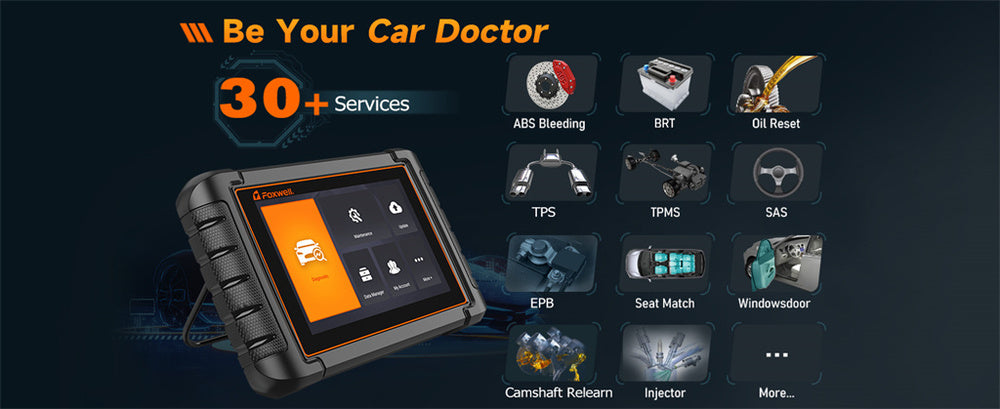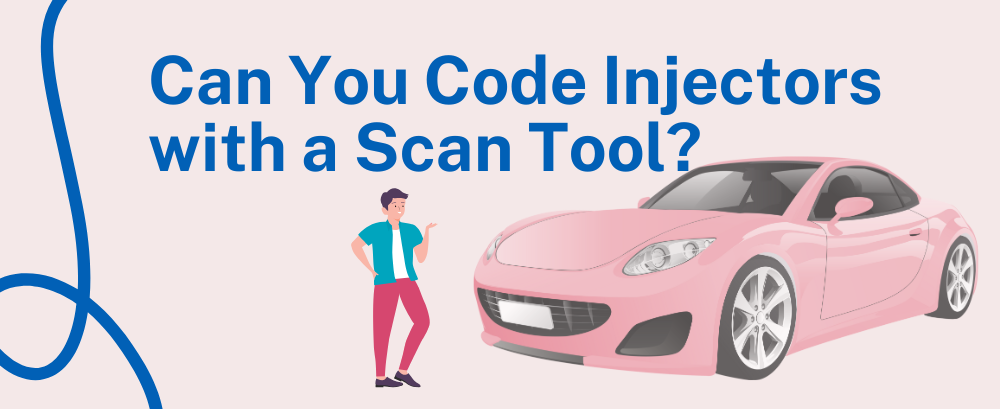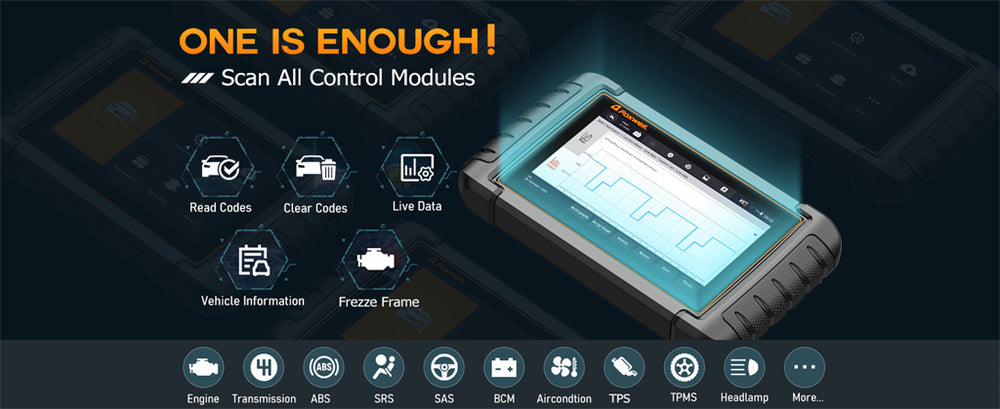Got an engine check light? You might be thinking, "Should I trust the OBD-II scanner I just bought?"
You’re not alone. Tons of people wonder if these gadgets give accurate readings or if they’re all just guessing.
Let’s break it down.
- Can Different OBD-II Scanners Give Different Results for the Same Engine Check Light?
- Here's the Short Answer: Yes, They Can.
Let’s get real.
OBD-II scanners are tools, not miracle workers.
They read codes. They tell you what’s wrong with your car. But they don’t always tell you exactly what's wrong, and they certainly don't always agree with each other.
Why Is That?
There are a few reasons why OBD-II scanners can give different results for the same check engine light.
Quality of the Scanner
- High-end scanners? They’re going to give you detailed, accurate results.
- Cheap scanners? They might give you only the basics.
- So, if you’re using a $20 scanner and someone else is using a $200 one, you’re not going to get the same level of info. Simple as that.
Software Differences
- The software behind the scanner matters.
- Some scanners pull from bigger, more up-to-date databases than others.
- Some scanners are built to give you deep dives into the codes. Others? They’ll give you a code and call it a day.
Brand Variations
- Different brands have different ways of interpreting codes.
- So a scan from a Bosch scanner might give you a different result than one from Innova or BlueDriver.
- It’s like getting the same information from two different people—each might have their own way of explaining it.
Connection & Data Transfer
- Sometimes the issue isn’t the scanner at all.
- If the connection between the scanner and your car’s ECU (that’s the computer that controls everything) isn’t solid, you might get incomplete or wrong results.
- It’s not the scanner’s fault. It’s just the way the data flows.
Can You Trust the Results?
Now, that’s the million-dollar question.
Here’s what you need to know:
If you’re seeing a code pop up, it’s telling you something. But don’t always trust that it’s the whole picture.
Just because your scanner tells you it’s a "misfire" or a "catalytic converter issue" doesn’t mean that’s the only problem.
Sometimes it’s a symptom, not the cause.
What Should You Do With the Results?
Don’t Panic
A code doesn’t mean you have to take your car to the shop right away.
Sometimes it’s a small issue. Sometimes it’s nothing.
If you’ve got the time, you can double-check the code online or in your car’s manual to see if it’s something common or serious.
Get a Second Opinion
If the results seem off, consider using a different scanner to get another reading.
Two scanners are better than one.
Ask for a Professional Diagnosis
If the code points to something serious, or you’re not comfortable messing with it, take it to a mechanic.
A professional might be able to dig deeper and give you a clearer picture.
Can You Fix the Check Engine Light Yourself?
Here’s the deal:
You can fix some problems yourself, but it depends on the code.
If you get a simple misfire code (like P0300), maybe try replacing the spark plugs yourself.
But if the code points to something like a bad catalytic converter, you’re probably going to want a pro.
What to Look for When Choosing an OBD-II Scanner?
Don’t just grab the first one you see.
Choosing the right OBD-II scanner is crucial for getting accurate results.
Here’s what you need to consider:
Price
- Cheap scanners can get the job done for basic codes. But if you want to get deeper insights, spend a little more.
- High-end models can do things like graphing data, giving live readings, and even clearing codes.
- You get what you pay for. Simple as that.
Compatibility
- Make sure the scanner works with your car’s make and model.
- Some scanners won’t work with all vehicles. Always double-check.
Features
- Do you just want basic codes? Go cheap.
- Want to read freeze-frame data or get into live data? You’ll need something more advanced.
For example, the Foxwell NT706 is one scanner that offers a lot of features without breaking the bank. It’s a solid mid-range option that gives you live data, advanced diagnostic features, and compatibility with most vehicles. Whether you’re a DIYer or just want to understand your car better, the NT706 gives you the confidence that you’re getting a thorough diagnosis without needing to spend a fortune.
Conclusion
Different OBD-II scanners can and will give different results.
That’s the reality.
But as long as you understand what’s going on and get a second opinion when needed, you’ll be able to make smart decisions about your car.
You don't need to spend big bucks on a fancy scanner unless you want the extra features.
But you do need a scanner that works well with your car, gives reliable results, and fits your needs.
And remember—don’t trust everything on face value.
Use it as a guide, not a gospel.
Your car’s telling you something—make sure you’re listening.
FAQs
Will an OBD-II scanner fix my check engine light?
No. It will only tell you what’s wrong. It won’t fix it. But it can help you decide if you can fix it yourself or if you need a mechanic.
Can I trust cheap OBD-II scanners?
For basic codes, yes. But for a more thorough diagnosis, you might want to invest in something better, like the Foxwell NT706. It gives you more detailed insights without being too expensive.
What does a P0300 code mean?
It’s a "random misfire" code. It could mean you need new spark plugs or something more complicated. But it’s usually not the end of the world.




Leave a comment
This site is protected by hCaptcha and the hCaptcha Privacy Policy and Terms of Service apply.